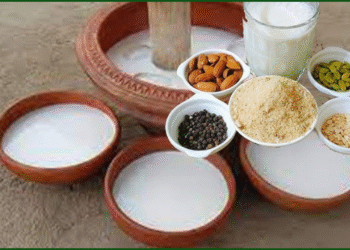In the battle of modern weight loss strategies, Intermittent Fasting (IF) and the Keto diet have emerged as heavyweight contenders. Each approach promises transformative results, but which one truly reigns supreme? Let’s break down the science, practicality, and real-world outcomes to help you decide.
Intermittent Fasting operates on a simple premise: it’s about timing, not food restriction. The popular 16:8 method—fasting for 16 hours and eating within an 8-hour window—has gained traction for its straightforwardness. Experts suggest that this method slashes overall calorie intake while boosting insulin sensitivity, prompting the body to tap into fat reserves for energy. Beyond weight loss, IF may improve digestion, reduce inflammation, and even sharpen cognitive function. Its biggest draw? Flexibility. You don’t need to ditch entire food groups, making it ideal for those who dread strict dietary rules.
On the other side of the ring, the Keto diet takes a more rigid approach. By slashing carbs to a mere 5-10% of daily intake and ramping up fats to around 70%, Keto forces the body into ketosis—a metabolic state where fat becomes the primary fuel source. This shift can lead to rapid fat loss, often outpacing traditional diets in the short term. Keto also stabilizes blood sugar and curbs cravings, a boon for those prone to snacking. However, it demands commitment: think avocado-heavy meals and saying goodbye to bread, pasta, and most fruits. For some, this high-fat lifestyle feels liberating; for others, it’s a culinary cage.
So, which is better for weight loss? The answer hinges on your priorities. Keto often delivers faster results, with studies showing quicker fat reduction due to its metabolic overhaul. But speed comes at a cost—many find its restrictions unsustainable long-term. Intermittent Fasting, while slower, offers a more adaptable framework, fitting seamlessly into varied lifestyles without banning specific foods.
Both methods carry health perks beyond the scale. IF’s simplicity aligns with broader wellness goals, while Keto’s blood sugar benefits appeal to those managing metabolic conditions. Ultimately, the “best” diet isn’t universal—it’s the one you can maintain. If skipping meals feels effortless, IF might be your match. If you thrive on structure and love fats, Keto could be your champion. Before diving in, consult a professional to ensure your choice aligns with your health needs. The real winner? Consistency.


















































